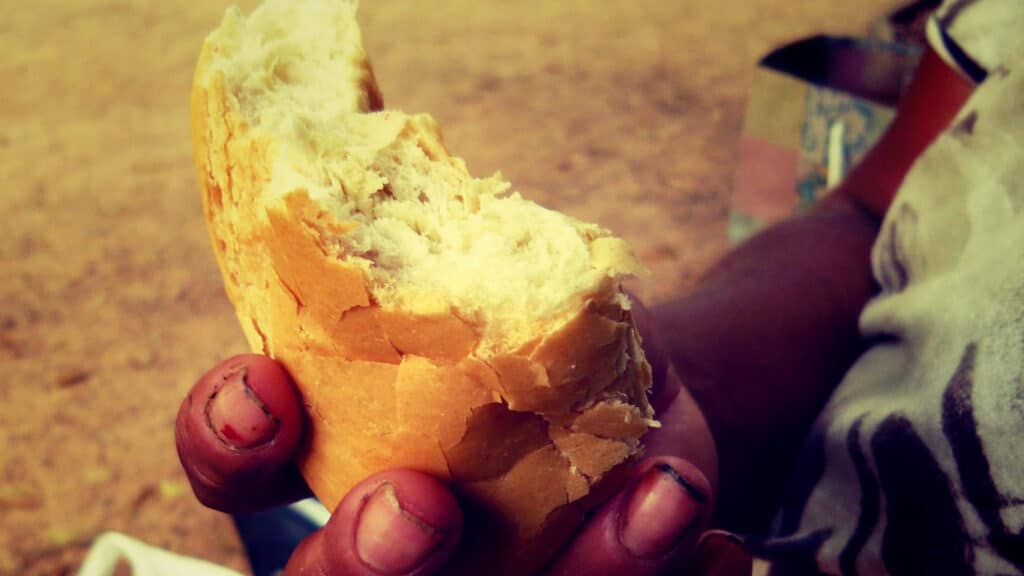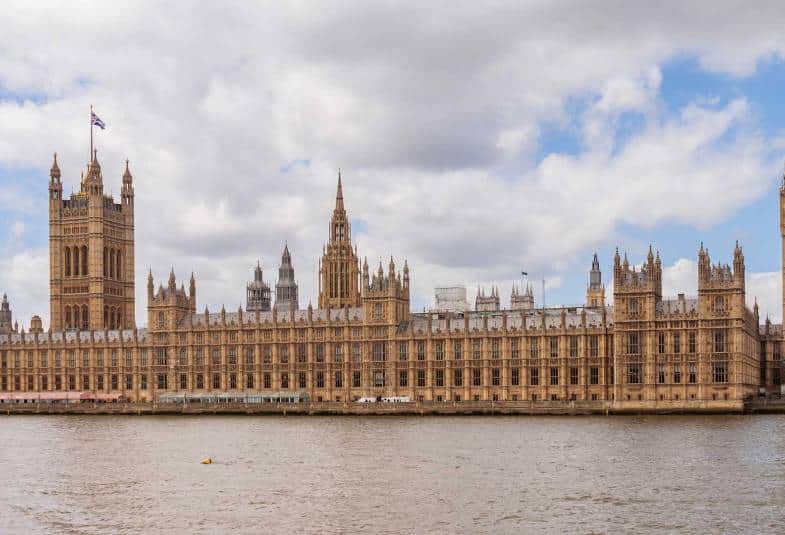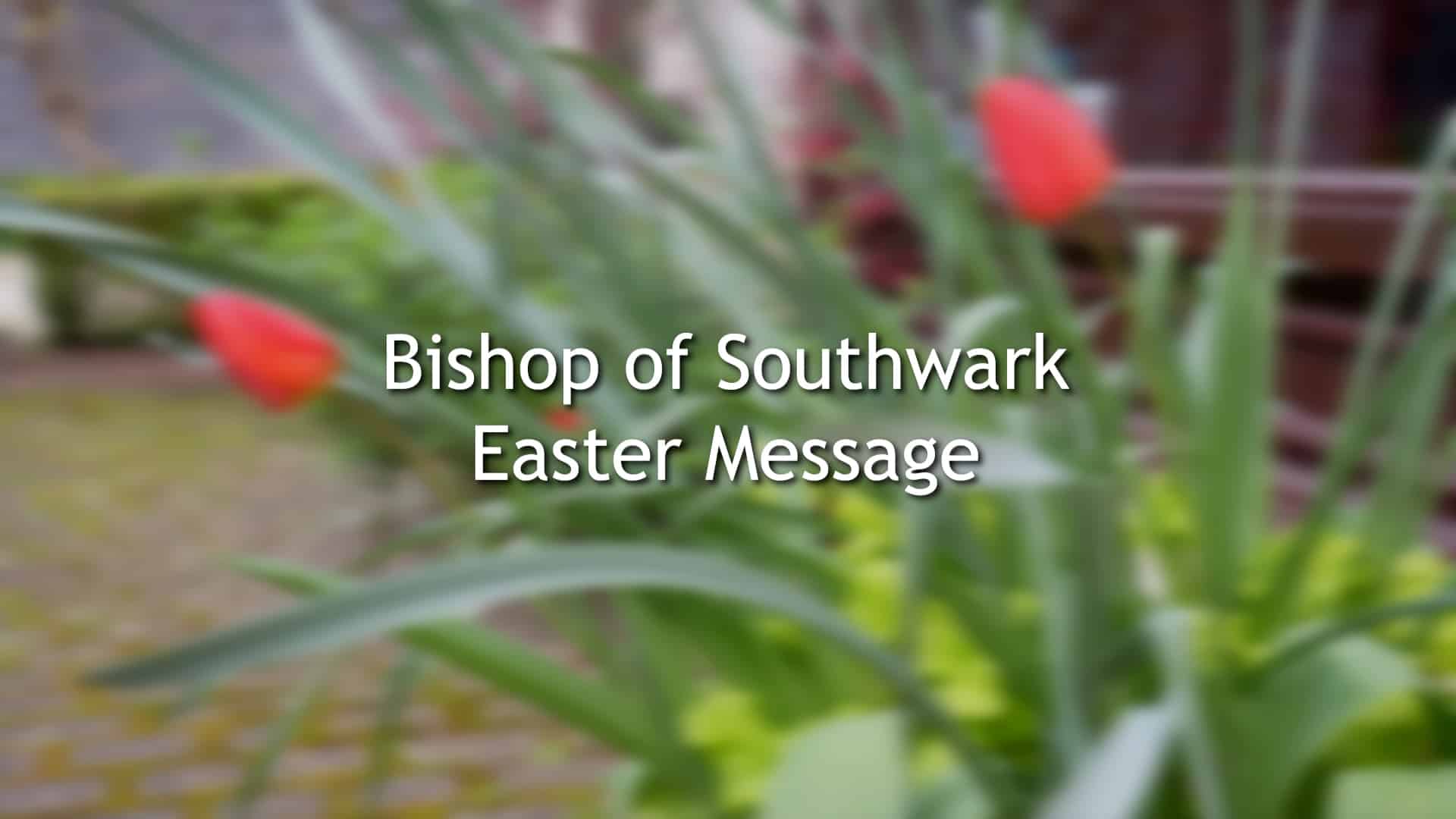Jenny Dawkins, Generous Giving Advisor, writes:
The Easter season, Tom Wright insists, should last for at least as long as Lent:
“we should make Easter a forty-day celebration… We should drink champagne at breakfast. … we should sing and dance and blow trumpets and put out banners in the streets. … we should go around town doing random acts of generosity and celebration. We should be doing things which would make our sober and serious neighbours say, “What is the meaning of this outrageous party?” (quoted from Resurrection and the Calling of the Christian)
Because Jesus has risen, and everything is changed.

Because Jesus has risen, and everything is changed.
I went down an internet rabbit hole recently, googling ‘resurrection economics’ (it’s fun, I recommend it!) These two words might seem as though they’re from different universes, but if everything has changed, that means economics too. I wonder if Doug was displaying resurrection economics.
The first followers of Jesus, dripping with baptism water, and living in an instantly diverse, unexpected, expanding community of believers, reacted to the announcement of the resurrection vocally and economically. They couldn’t stop speaking about it, and they couldn’t help responding with a new, open-handed, attitude to what they owned.
All the believers were one in heart and mind. No one claimed that any of his possessions was his own, but they shared everything they had. With great power the apostles continued to testify to the resurrection of the Lord Jesus, and much grace was upon them all. There were no needy persons among them. For from time to time those who owned lands or houses sold them, brought the money from the sales and put it at the apostles’ feet, and it was distributed to anyone as he had need (Acts 4:32-35).
As Ron Jones observes “when the early Christians grasped the reality of the empty tomb, a revolution of generosity took place. They could have broken into small groups to discuss the deep theological implications of the Resurrection, but they didn’t—not at this time, anyway.” Instead, they budgeted, ate, and drank differently.
Real hope
The real Jesus had risen from a real tomb, had eaten real fish and sat round a real fire. The first impact for the first followers was for their real possessions – real fields, real money, real houses. It made for the creation of new, real friends. Willie James Jennings notices “Money here [was] used to destroy what money normally is used to create: distance and boundaries between people.”
It’s as though these disciples had found incalculable treasure in a field, and somehow their estimations about worth and possession had entirely changed. They’d seen God overturn what they could expect about the future and suddenly thoughts of savings or security had acquired a different frame. They’d heard that Jesus had welcomed a dying thief into his kingdom, and whatever boundaries they’d put around their possessions now seemed rather silly. And their bank statements revealed what had changed. Sam Wells writes “Their use of money was the most visible way others could see what they believed about Jesus’ resurrection.”
Jesus’ material resurrection has a material impact. 
This is a right-side-upping of economics by the inbreaking power of God’s new life. It doesn’t make things more comfortable, especially not for those who are doing well by the status quo. For anyone with money, influence or power, resurrection economics is the last thing you want (to paraphrase Simon Perry). Willie James Jennings again: “Luke gives us sight of a holy wind blowing through structured and settled ways of living and possessing and pulling things apart. People caught up in the love of God not only began to give thanks for their daily bread, but daily offered to God whatever they had that might speak that gracious love to others.”
So what about me?
Does my bank account make visible what I believe about the resurrection?
Simon Perry suggests that believe comes from an Old English phrase – “by life.” “To believe in something, is to live as though it were true”.
I believe in the resurrection of the dead, and the life of the world to come.
I believe that Jesus has risen, and everything – everything – has changed.
Changed by Eastertide, I want to choose to look at my bank account, my home, my table, my purse with resurrection-saturated eyes. To trust God in the present, because He’s brought the eternal future into it – and the future is abundant. To give with more open hands because what remains isn’t what’s in my purse. What remains is faith, and hope, and love – and the greatest of these is love.
Jesus is risen, and everything is changed. May it be so for me too.
Amen.






